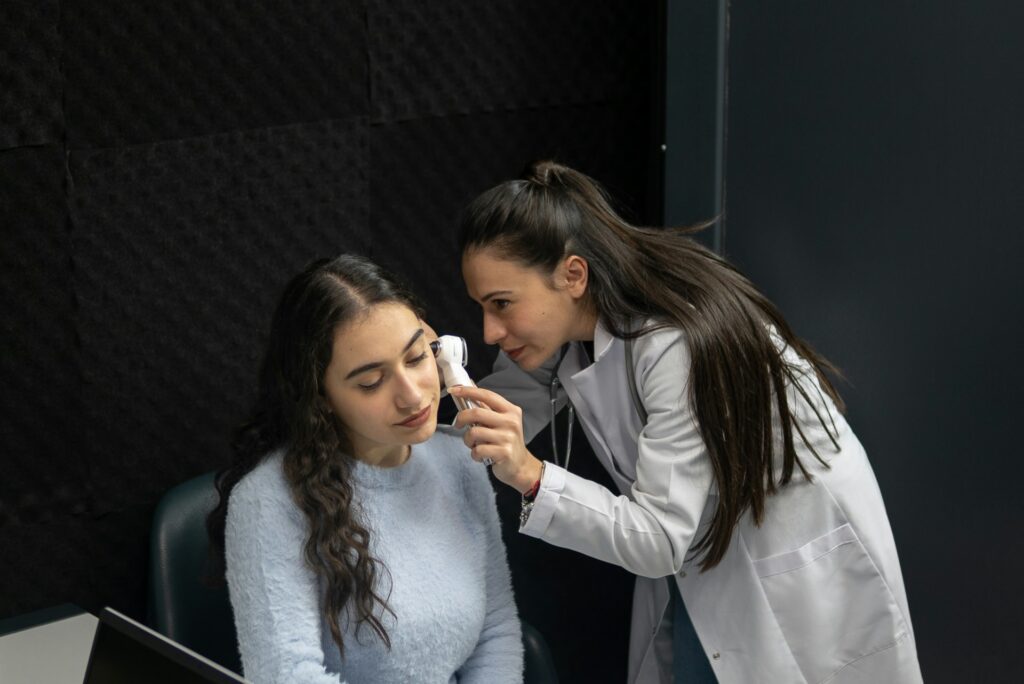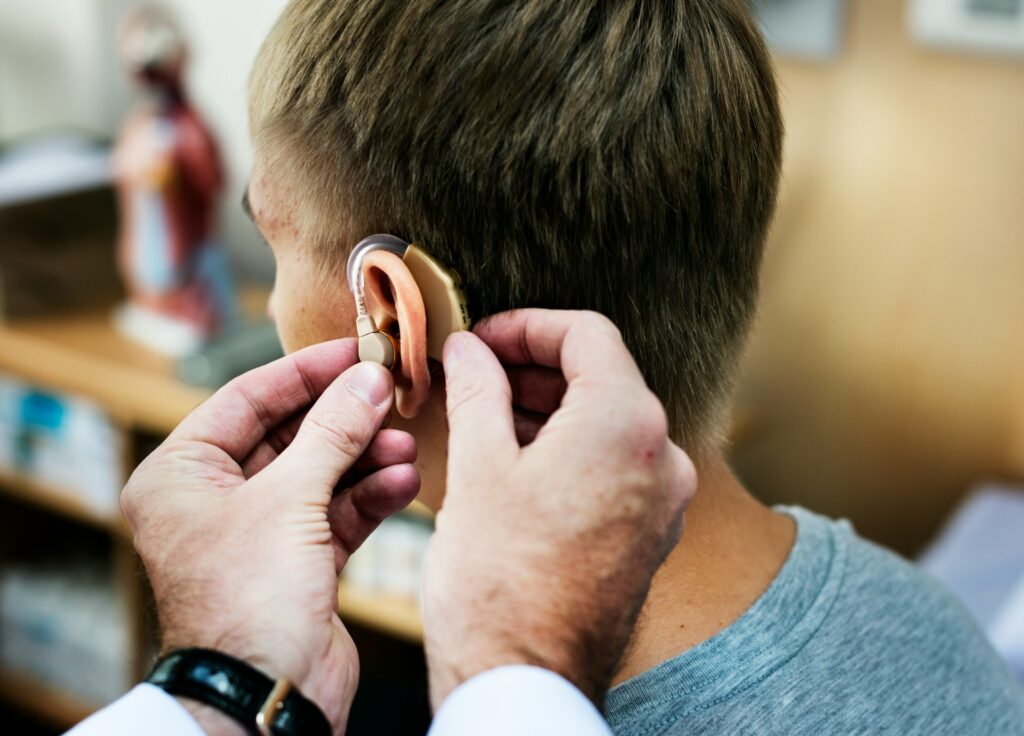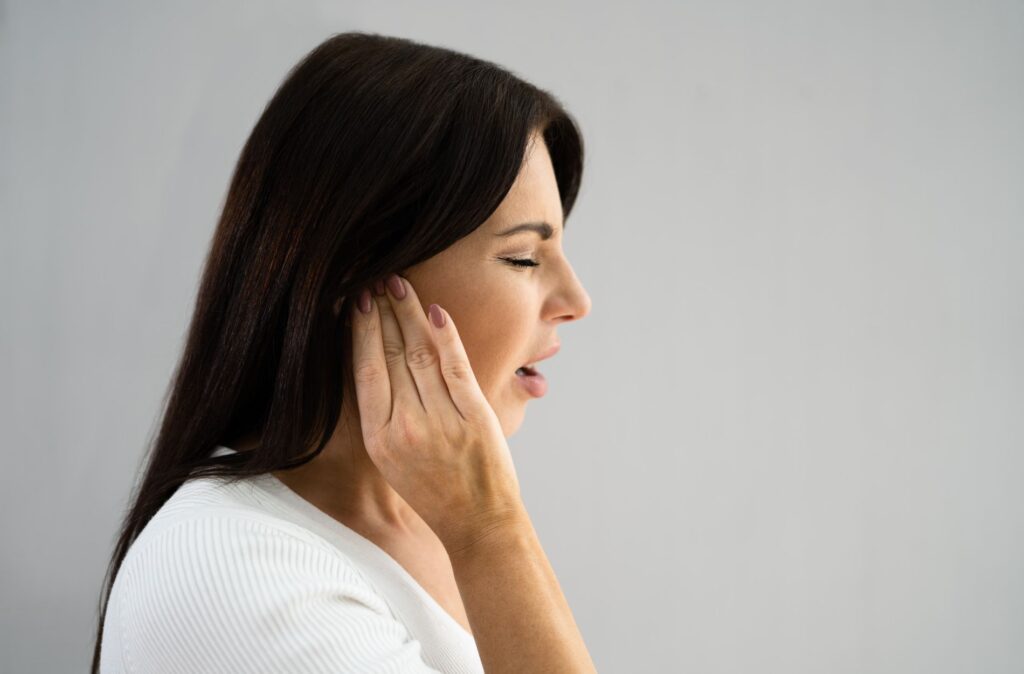Taking care of our ears is often overlooked, but it plays a crucial role in maintaining good hearing health. Regular ear aftercare helps prevent issues like earwax buildup, infections, and hearing loss. By integrating simple ear care practices into our daily routines, we can ensure that our ears stay healthy and function well over the long term.
Ears are delicate, and neglecting their care can lead to various problems that affect not only our hearing but overall well-being. From using ear protection in noisy environments to cleaning ears properly, these small actions make a big difference in preserving our hearing health. It’s essential to understand the importance of ear aftercare and incorporate it into our lives.
By following proper ear care practices, we can prevent complications and enjoy better ear health. Whether it’s routine cleaning or protecting our ears from loud noise, taking these steps can help minimize risks and promote longevity of hearing. Regular ear aftercare is not just a task but an essential aspect of a healthy lifestyle.
The Role of Ear Aftercare in Hearing Health
Ear aftercare plays a crucial role in maintaining our hearing health. Proper care ensures that our ears stay clean, free of infections, and function well. One of the primary benefits of ear aftercare is the prevention of earwax buildup. Excessive earwax can block the ear canal, leading to hearing loss, discomfort, and even infections. By managing earwax properly, we can avoid these issues and keep our hearing sharp.
Another important aspect of ear aftercare is preventing ear infections. Regular cleaning helps remove dirt and bacteria that can cause infections. These infections not only cause pain but can also lead to more severe hearing problems if left untreated. By consistently following proper ear hygiene practices, we reduce the risk of infections and their associated complications.
Regular ear aftercare is also essential for people who use hearing aids. Hearing aids can trap moisture and earwax, creating an environment for bacteria to grow. Proper cleaning of both the ears and the hearing aids helps prevent this buildup, ensuring the devices work efficiently and comfortably. This maintenance is vital for the longevity of hearing aids and the overall health of our ears.
Common Practices for Effective Ear Aftercare
Effective ear aftercare involves several simple and safe practices that can be easily incorporated into our daily routines. One common practice is gently cleaning the outer ear with a warm, damp cloth. This helps remove dirt and excess earwax that has naturally moved out of the ear canal. It’s important to avoid inserting objects like cotton swabs into the ear canal, as they can push earwax further in and cause damage.
Regularly drying your ears after swimming or showering is another essential practice. Using a towel or a soft cloth, you can gently pat your ears dry to prevent moisture buildup, which can lead to infections. If you feel water trapped in your ears, tilting your head to the side and gently pulling on the earlobe can help it drain out.
For those who wear hearing aids, daily cleaning of the devices is crucial. Following the manufacturer’s guidelines, use a soft brush or cloth to remove any earwax or debris from the hearing aids. Additionally, storing hearing aids in a dry, cool place can prevent moisture buildup and extend their lifespan.
By incorporating these common practices into our routine, we can effectively manage our ear health, prevent infections, and ensure optimal hearing.
How to Get the Best Fit for Your Hearing Aid
Getting the perfect fit for your hearing aid is crucial for comfort and effectiveness. A well-fitted hearing aid helps you hear better and prevents issues like feedback or irritation. The first step in the fitting process is a comprehensive hearing test. This test determines the degree and type of hearing loss you have, which helps in selecting the right hearing aid.
When you receive your hearing aid, it’s usually adjusted to match your specific hearing profile. Audiologists use tools and software to fine-tune the settings, ensuring that sounds are amplified correctly. It’s important to communicate any discomfort or sound issues during this initial fitting. Adjustments may be needed to achieve the most comfortable and effective fit.
Additionally, the physical fit of the hearing aid must be comfortable. Hearing aids come in different styles, such as behind-the-ear (BTE) or in-the-ear (ITE). Each style suits different preferences and types of hearing loss. Regular follow-ups with your audiologist are essential to maintain the best fit over time, especially if your hearing changes.
Tips for Maintaining and Caring for Your Hearing Aid
Proper maintenance and care can extend the life of your hearing aid and ensure it functions well. One of the most important steps is to keep your hearing aid clean. Use a soft, dry cloth to wipe the device daily, removing any earwax or debris. Avoid using water, alcohol, or cleaning agents on your hearing aid, as these can damage the device.
Store your hearing aid in a dry, safe place when not in use. Moisture can harm the delicate electronics inside the hearing aid, so consider using a hearing aid dehumidifier. Avoid exposing your hearing aid to extreme temperatures, such as leaving it in direct sunlight or in a car on a hot day.
Regularly check the batteries and replace them as needed. A weak battery can affect the performance of your hearing aid. Also, inspect the earpieces and tubing for any signs of wear or damage and have them replaced by a professional if necessary. By following these tips, you can keep your hearing aid in optimal condition and enjoy better hearing for longer.
Conclusion
Choosing the right hearing aid is a critical step in improving your hearing and overall quality of life. Understanding the different types of hearing aids and considering essential factors can help you make an informed decision. Ensuring a proper fit and maintaining your hearing aid with care can significantly enhance its performance and longevity.
Regular check-ups and professional consultations are important for keeping your hearing aid working its best. If you’re experiencing any hearing issues or need assistance with your hearing aid, reach out to Country Hearing Care. We are here to help you navigate your hearing journey and provide the support you need for optimal hearing health.










